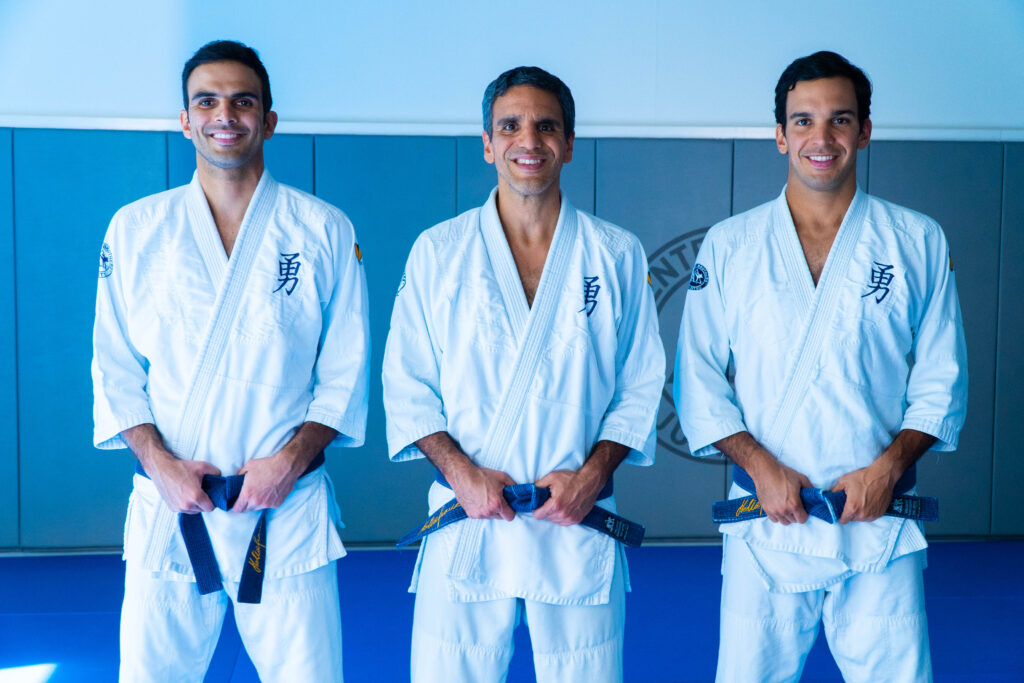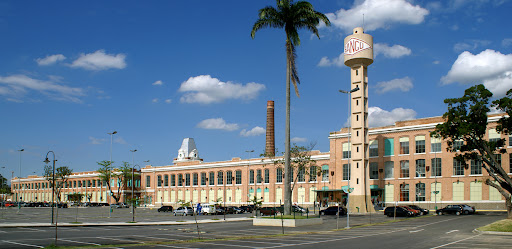The saga of the Valente Brothers stands as a compelling example of how legacy and generations-long commitment to excellence can have a transformative effect.
Pedro, Gui and Joaquim stem from a long line of notable individuals, including distinguished diplomats, influential politicians, acclaimed doctors, and pioneering business leaders. Their ancestry has been instrumental in shaping their impressive feats. Whether it’s a reception by President Harrison in the White House or commendations from The New York Times, the success of the Valente Brothers isn’t just a fortunate coincidence, but the outcome of a lasting tradition of exceptionalism. This essay explores their extraordinary lineage and underscores how it served as a foundation for their outstanding achievements.

The first Valente in the brothers’ lineage born in Brazil was Eduardo Valente. His eldest son, José Gurgel Valente, made a lasting impression as Brazil’s ambassador to the United States during the birth of the Brazilian Republic. His monumental visit to the White House, where he was hosted by President Benjamin Harrison, was a key turning point as the United States formally acknowledged the newly created Brazilian Republic. José Gurgel Valente’s diplomatic skills and political savvy illustrate the family’s commitment to excellence in the sphere of international affairs.
The Valente Brothers’ lineage carried forward this reputation for distinction with Syllo Valente, the great-grandson of Eduardo. Syllo relocated to Rio de Janeiro for his medical studies, eventually becoming a pioneering doctor and the first Valente to take up jūjutsu, developing remarkable proficiency in the discipline. In addition to his medical achievements, Dr. Syllo Valente’s philanthropic endeavors were equally remarkable. He generously donated a significant portion of his medical services to help impoverished individuals, making a tangible difference in the lives of those in need. Continuing the family’s legacy of service and achievement, Pedro Valente Sr. emerged as one of the globally recognized plastic surgeons, gaining recognition from The New York Times Magazine in 1980. His contributions extended beyond his medical expertise, as he held the position of Health Secretary for both the city and state of Rio de Janeiro, served as the chief doctor for the globally renowned soccer team Vasco da Gama, and became a jūjutsu grandmaster in 2011. Additionally, Pedro Valente Sr. served as the two-time president of the Rio de Janeiro Equestrian Federation, further showcasing his leadership and dedication to the equestrian community. The Valente Brothers’ family legacy continues to shine through the remarkable achievements of each generation.
On the maternal side of the Valente Brothers, their ancestors held significant political influence and played crucial roles in the industrial sector. Estácio Coimbra, their maternal great-grandfather, was a towering figure in Brazilian politics, leaving an indelible mark on the nation’s history. He served as the mayor of Olinda, a historic city with rich cultural heritage, and went on to become a two-time governor of the state of Pernambuco. The pinnacle of his political career came when he served as the Vice President of Brazil between 1922 and 1926. Estácio Coimbra’s rise to such a prestigious role speaks volumes about the strength and impact of the Valente Brothers lineage within the political landscape of the country.

Their other maternal great-grandfather, Manuel Guilherme da Silveira, complemented this legacy of distinction with his remarkable achievements as a respected physician and posteriorly in the industrial sector. As the owner of Fábrica Bangu, Latin America’s largest textile factory, he not only achieved unparalleled success but also held a prominent cabinet position as the Secretary of the Treasury for the Brazilian Government. His sons, Guilherme, also known as Silveirinha, and Joaquim, upheld the family legacy, emerging as respected business leaders. Under their leadership, Fábrica Bangú garnered international acclaim in the 1950s , attracting top-tier designers like Hubert de Givenchy and Jacques Fath to Brazil to create collections with Bangú’s cotton fabric. Beyond his remarkable professional accomplishments, the brothers’ cherished grandfather, Silveirinha, epitomized the spirit of generosity and compassion in his role as the head of the textile factory. He undertook a profound commitment to the well-being of the factory workers in the Bangú community, spearheading housing initiatives that provided homes for hundreds of families. Silveirinha’s selfless dedication resonated deeply within the community, where he is still fondly remembered and revered by the families whose lives he touched. The housing project stands as a testament to his unwavering commitment to improving the lives of others, solidifying his legacy as a compassionate leader who prioritized the well-being of the Bangú community.
The teachings of the Valente Brothers’ grandfathers profoundly influenced their work ethic, innovation, and devotion to their craft. Syllo Valente advised, “Aim for moral consciousness… Goodness is acquired… A good individual is one who seizes every chance to be helpful to others.”
Similarly, Guilherme da Silveira Filho emphasized the importance of personal effort, asserting, “Real success… relies mostly on us… Life, to me, is nothing more than a continual effort to achieve perfection.”
In addition to the invaluable wisdom of their grandfathers, the Valente brothers owe a significant part of their success to their father, Pedro Valente Sr. The patriarch of the Valente family, Pedro Sr. instilled in them an ethos of exceptionalism from an early age. He firmly believed that victory was unattainable without hard work and ceaselessly emphasized the importance of discipline, dedication and perseverance. Pedro Sr.’s vision, underpinned by the belief that everything should be done to the best of one’s abilities, shaped the unity and harmony between the brothers. This ethos extended to their daily habits, such as adhering to an impeccably healthy nutritional regimen. He fostered a sense of honor in them, emphasizing the value of their actions and representations. The Valente brothers’ unwavering commitment to their craft and their tireless dedication to teaching from morning till night are direct reflections of the teachings instilled by their father. His unwavering dedication to his children’s education was pivotal in fostering the strong brotherly bond, a fundamental cornerstone of the Valente Brothers’ success.
Alice Maria da Silveira, the mother of the Valente Brothers, was also pivotal in shaping their character. She placed great emphasis on manners and etiquette, nurturing their respect and courtesy from a young age. A firm believer in the transformative power of education, Alice instilled a profound appreciation for knowledge in her sons. Her teachings continue to echo in the brothers’ personal and professional conduct, signifying the lasting impact of her guidance on their path to excellence.
The Valente lineage’s accomplishments include Joana Valente, the Valente Brothers’ sister. Joana’s passion for equestrian sports led her to become a show-jumping champion, reflecting the spirit of excellence that permeates the Valente family.
The phenomenal success of the Valente Brothers is not an accident but the culmination of generations dedicated to excellence in their respective domains. Their diverse ancestry is certainly noteworthy, but their shared passion for jūjutsu defines their identity. This passion is a testament to their lineage’s commitment to mastery and service. They represent their rich legacy and act as guardians of a tradition steeped in greatness. Their relentless commitment to excellence and steadfast dedication to their craft have ensured their position among the most accomplished martial artists of their time. Their exceptional achievements honor the extraordinary lineage that has shaped them and continue to inspire future generations.

